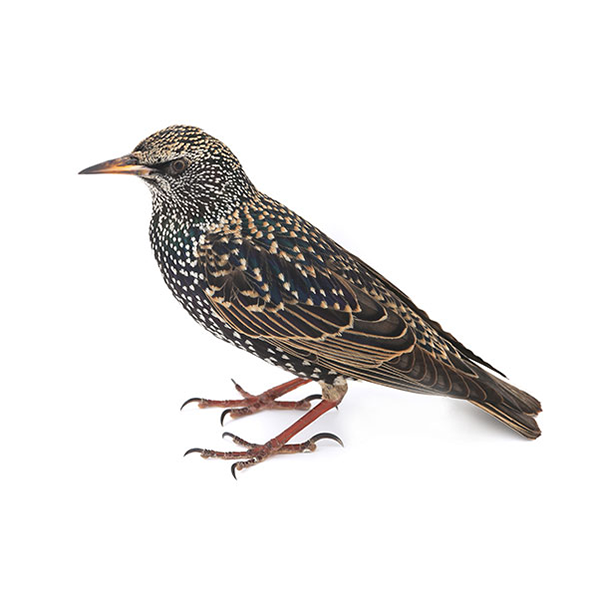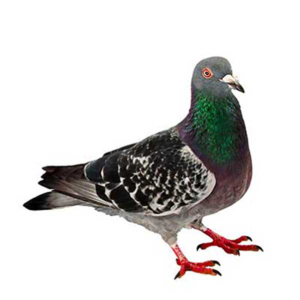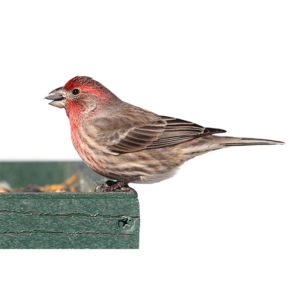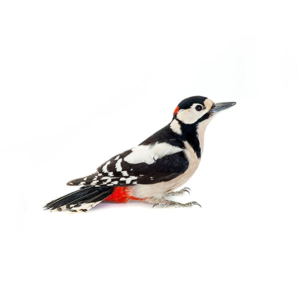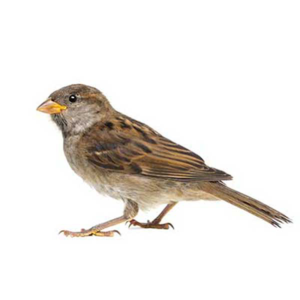European Starlings in Anaheim
European starlings are a common pest in the United States, including here in Anaheim. They’re loud and usually nest in large numbers near residential spaces, which can make them both a nuisance and a hazard for nearby residents. Starlings are capable of spreading potentially dangerous diseases such as ornithosis or histoplasmosis. These birds are known for ruining gardens and crops while looking for food. European starlings also leave behind a lot of filth while roosting, which makes them incredibly unpleasant to have as a neighbor – or worse, a houseguest.
European Starling Habitat
Starlings are found pretty much wherever there’s an abundance of food and shelter, from farms and fields to cities and suburbs. They can survive both in hot and cold weather, often roosting in large numbers. Though these birds prefer to nest outdoors in trees, European starlings are not usually scared of humans and will also roost near our homes or businesses in places like lamp posts, building ledges, and occasionally dryer or stove exhaust ducts.
European Starling Behaviors, Threats, or Dangers
It’s hard to ignore a European starling infestation. They’re loud, messy, and capable of causing property damage to landscapes and structures. If the filth and disruption of a starling infestation aren’t enough, these birds are also capable of transmitting serious diseases like cryptococcosis and E. coli. If they nest near your property, they could pose a safety and health threat to anybody who visits.
While it may be tempting to try and deal with a bird problem on your own, doing so puts you at a higher risk of contracting a disease or getting hurt. As with any other species, it’s best to contact your local licensed bird control company for safe and effective removal.

